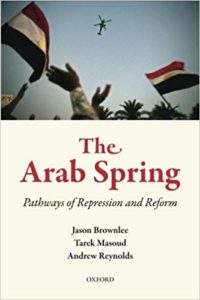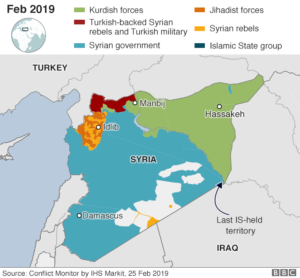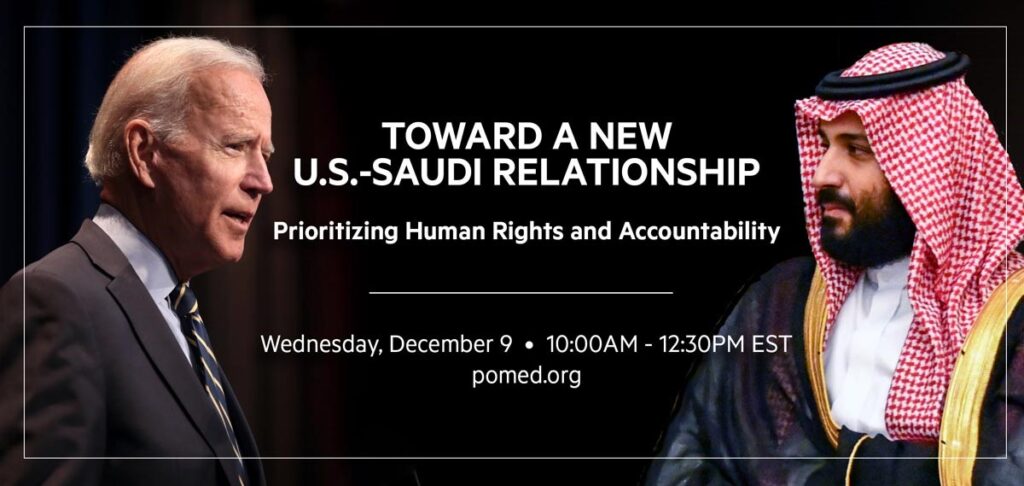Ten years ago, as protests flared across the Arab world, Western governments failed to meet a date with destiny and help nurture dreams of democracy, missing an unprecedented chance to shape real reform, Agence France Presse reports. History will not judge them kindly, said about 20 Western officials, activists and analysts, who talked to AFP on the 10th anniversary of the Arab Spring:
Even before the Arab Spring, a host of international non-governmental organisations and semi-official associations had set up in the region in a bid to help nurture a desire for democracy. NGOs such as the US organisations [and NED partners] Freedom House, the National Democratic Institute and the International Republican Institute found themselves rubbing shoulders on the ground along with German foundations. Funded partly through public finances, with agendas often coloured by political platforms, they tried to teach the ways of peaceful activism, from the use of social networks to dreaming up slogans which would capture the imagination of the crowds.
 Any likely ‘Fourth Wave’ of democratic transitions arising from the Arab Spring would “encounter many obstacles and setbacks, and even where they are successful they will inevitably be accompanied by disappointment,” the NED’s Carl Gershman cautioned at the time. Speaking about “the post-revolutionary hangover” two years into Poland’s transition, the philosopher Leszek Kolakowski observed that there has never been a successful revolution that did not produce “massive disappointment almost at the very moment of its victory,” since having “extremely inflated hopes” is “a necessary condition of success,” he observed in the New Republic.
Any likely ‘Fourth Wave’ of democratic transitions arising from the Arab Spring would “encounter many obstacles and setbacks, and even where they are successful they will inevitably be accompanied by disappointment,” the NED’s Carl Gershman cautioned at the time. Speaking about “the post-revolutionary hangover” two years into Poland’s transition, the philosopher Leszek Kolakowski observed that there has never been a successful revolution that did not produce “massive disappointment almost at the very moment of its victory,” since having “extremely inflated hopes” is “a necessary condition of success,” he observed in the New Republic.

Credit: POMED
Some regimes responded to the unrest by expelling, arresting or prosecuting democracy assistance groups, claiming that the protests were fomented by foreign activists, especially in Egypt.
But researcher Stephane Lacroix, from the Paris Institute of Political Studies, dismissed the foreign conspiracy theory. “Those who see imperialism everywhere fail to believe that individuals are capable of organising themselves because they have had enough,” he said.
By beginning with Egypt, the United States will convey the seriousness of its commitment to push back against resurgent authoritarianism more broadly, argues Michael Wahid Hanna, a senior fellow at the Century Foundation and a nonresident senior fellow at the Reiss Center on Law and Security. In recent years, aid has been distributed despite the Egyptian government’s dismal record via a national security waiver. The Biden administration should make clear that these funds will not be sent without immediate and significant improvements on human rights, he writes for the Times.
Ten years ago, millions dared to dream that political change could sweep across Arab capitals, but in most places such hopes have been crushed as thousands languish in jail, Qantara reports. From Cairo to Damascus, regimes have cracked down on the dissent which flourished in the early, heady days of the Arab Spring uprisings, with many protesters especially in Syria and Egypt now silenced through torture and imprisonment. Or even death.

Credit: Arab Center
Experts appear united in their assessment that the West was blind to what was happening, and lacked courage to seize the initiative, AFP adds.
“They took several months to think about it, and then very quickly closed the door on this experience of democratic change,” said Nadim Houry, from the Paris-based think tank Arab Reform Initiative. “In 2012 to 2013, we saw them return with a vision based purely on regional security.”
Local activists have adjusted their expectations of Western governments, analysts suggest.
“[People in the region] who work as activists for human rights and democratic values, tend to be the opposite of naïve about politics anywhere,” said Amy Hawthorne, Deputy Director for Research for the Project on Middle East Democracy. Rather “they look to the United States for support and solidarity, but they haven’t necessarily idealized the United States in a very long time,” she told the Order from Ashes podcast.
 The collapse or decline of traditional Middle East powers like Syria and Egypt has allowed the Gulf to establish itself as the Middle East’s new center of gravity, AFP adds. The Arab Spring was an “eye-opener” for the Gulf nations, close partners of Washington, as they witnessed the US inaction when Egypt’s and Bahrain’s regimes were threatened.
The collapse or decline of traditional Middle East powers like Syria and Egypt has allowed the Gulf to establish itself as the Middle East’s new center of gravity, AFP adds. The Arab Spring was an “eye-opener” for the Gulf nations, close partners of Washington, as they witnessed the US inaction when Egypt’s and Bahrain’s regimes were threatened.
“The weakening of traditional Arab centers of power due to the Arab Spring… has made the Gulf, for the first time in modern history, the center of Arab power,” said Bader al-Saif, assistant professor of history at Kuwait University. “(They realized) they needed to take matters in their own hands and that there is no continuous security guarantee from the US,” Saif told AFP.
The Arab Spring was just the watershed moment, he said, adding that Gulf countries had already been eyeing greater influence well before 2011.
“The Arab Spring didn’t start this trend, it accelerated and brought it out into the open,” said Abdelkhaleq Abdallah, a politics professor in the UAE where, along with Qatar, the trend was most noticeable.
10 years on from Arab Spring, Gulf monarchies fill Middle East power vacuum https://t.co/i0lIFwdfam via @timesofisrael
— Democracy Digest (@demdigest) December 7, 2020
As for Egypt….
“It was a time of turmoil,” said Frank Wisner, Obama’s special envoy to Egypt at the time, highlighting what he said was the Egyptians’ overwhelming desire for stability and democracy.
“Could the United States have changed the fundamental shift in historical circumstances? I certainly believe we couldn’t have. Could we have sent a different signal? Sure.”

BBC
Divided and weakened, Syria’s political opposition was wracked by internecine quarrels and rapidly became consumed by radical Islamists, AFP adds.
“There was a disconnect between the activists and the armed groups. Building bridges between those people was a major focus of US diplomacy for many years. I don’t think that was ultimately successful,” admitted Alex Bick, Syria director at the National Security Council during the Obama administration.
Paris-based expert Houry doesn’t lay all the blame for today’s outcome at the feet of Western countries, saying it was “not meant to end up this way”, AFP notes. “But in this huge failure and waste, this human tragedy, they failed to make their date with destiny.”
Join the Project on Middle East Democracy (POMED) – a partner of the National Endowment for Democracy (NED) – on Wednesday December 9 as leading experts make the case for why and how the Biden administration should change the U.S.-Saudi relationship. Hear from ALQST’s Safa Al Ahmad, Carnegie Endowment for International Peace’s Aaron David Miller, Democracy for the Arab World Now’s Sarah Leah Whitson, NPR’s Deborah Amos, Human Rights First’s Rob Berschinski, POMED’s Stephen McInerney, Center for Civilians in Conflict’s Annie Shiel, Brookings Institution’s Tamara Cofman Wittes, Al-Monitor’s Elizabeth Hagedorn, and senior foreign policy advisor to Sen. Bernie Sanders Matt Duss. RSVP








